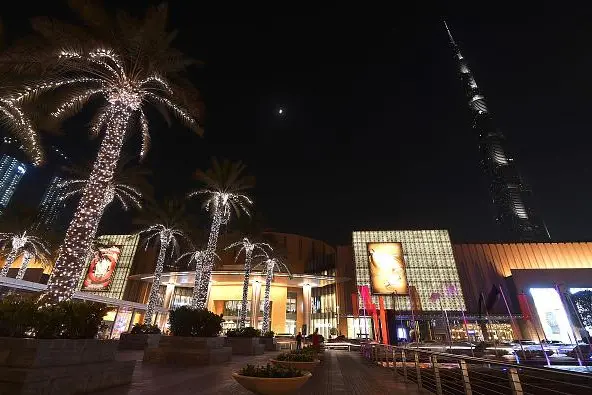PHOTO
These include remaining masked up, ensuring a safe social distance and taking a PCR test before visiting relatives, especially the elderly and those with chronic diseases.
In a special Covid-19 briefing on Sunday, the National Emergency Crisis and Disaster Management Authority (NCEMA) reminded residents that the frontline workers would be working around the clock even during the four-day Eid Al Adha break that begins on Monday, July 19.
“Your (residents’) awareness and commitment to the Covid safety measures will complement the efforts of our frontline heroes,” the NCEMA said.
The authorities reiterated the need to limit Eid Al Adha celebrations to members of the same family living under one roof, and first-degree relatives.
Officials advised people to avoid handshakes and hugs and use electronic means to distribute Eidiya (cash given as gifts during Eid).
Mosques across the country will host Eid Al Adha prayers with strict Covid safety rules. These include limiting the post-prayer sermon to 15 minutes; mosques closing immediately after the prayer; banning the traditional practice of handshakes and hugs after the prayer; and prohibiting gatherings outside the places of worship.
Last week, Dr Farida Al Hosani, official spokesperson of the UAE health sector, had highlighted how the country has typically recorded a significant rise in daily Covid-19 infections and deaths after long holidays.
Citing data from the Eid Al Fitr break in May this year; New Year’s Eve celebrations; and Eid Al Adha last year, she had said that daily cases had gone up by up to 500 per cent in some cases.
Similarly, daily deaths caused by Covid-19 increased by up to 300 per cent.
“Your commitment to Covid safety measures, especially during festive seasons, will help reduce infection rates,” she had said.
Copyright © 2021 Khaleej Times. All Rights Reserved. Provided by SyndiGate Media Inc. (Syndigate.info).





















